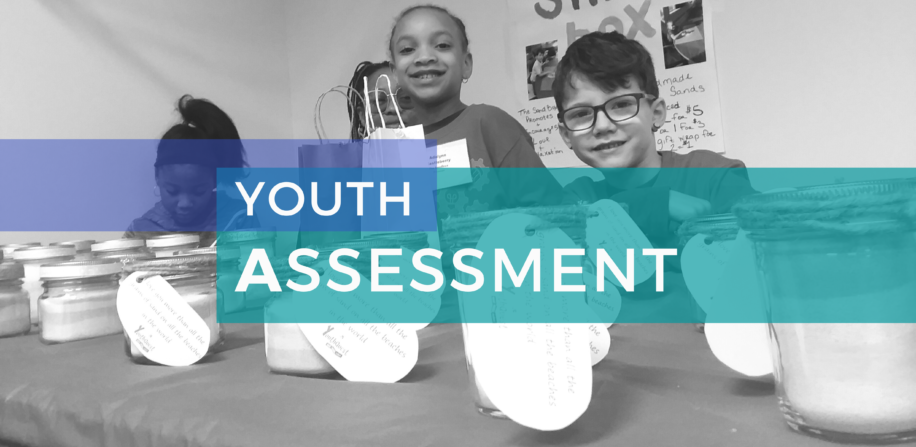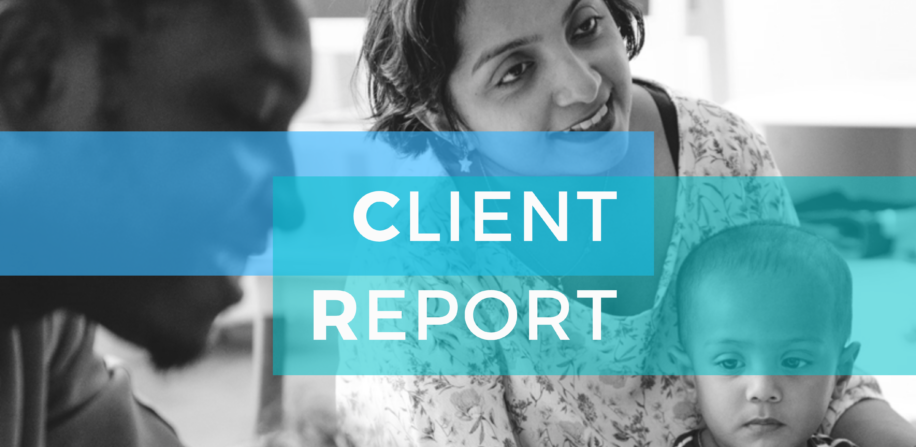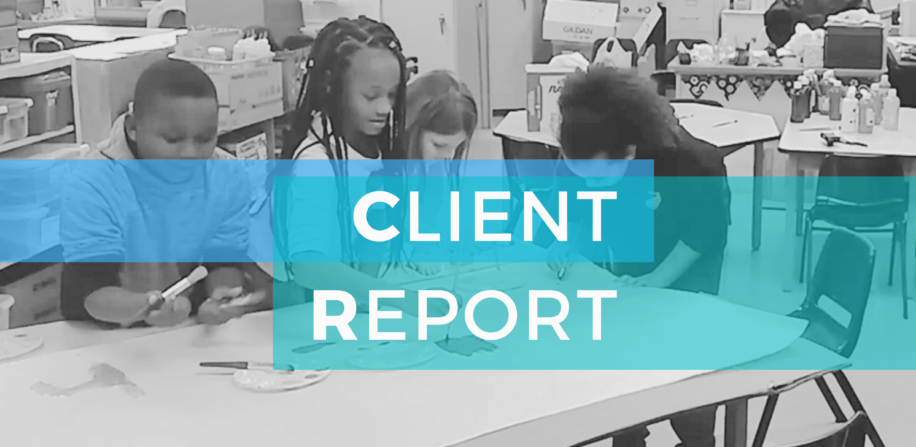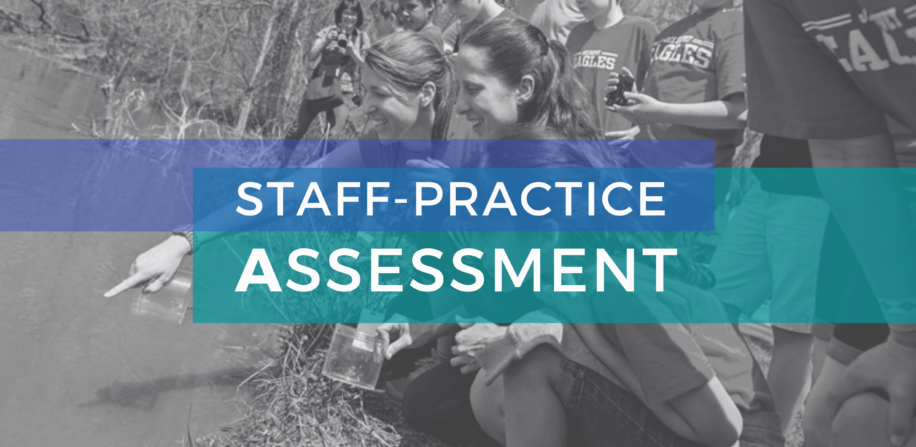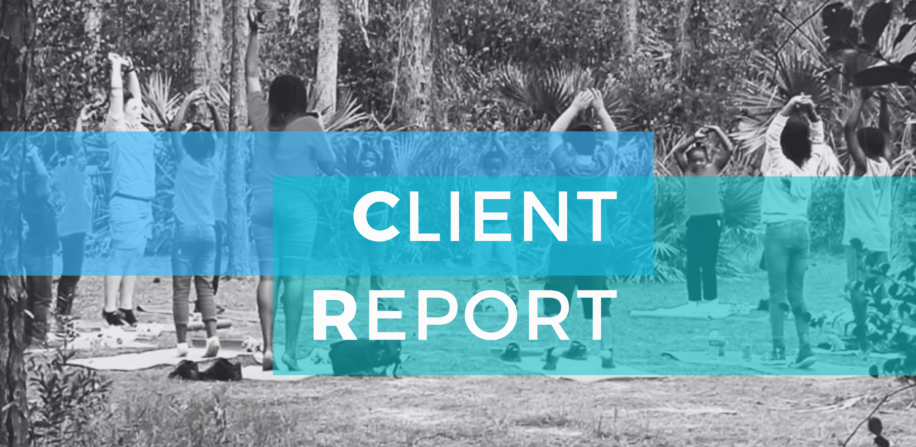In OST organizations that focus on student’s socio-emotional skills and wellbeing, pandemic conditions created new urgency to staff’s desire to know how students and caregivers were doing. While many OST organizations know how to ask families about basic needs created by the pandemic – health care, housing, food, transportation – sometimes staff are less comfortable … Continue reading Subjective Well-Being (SWB)
